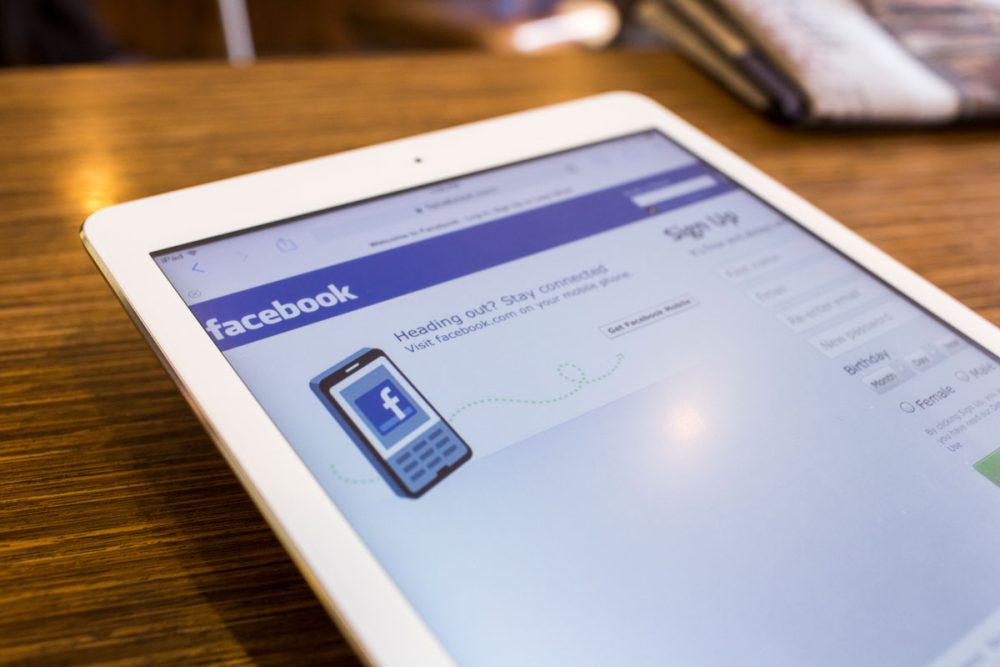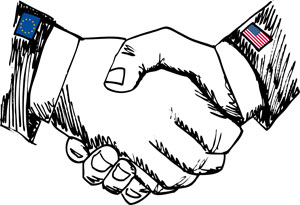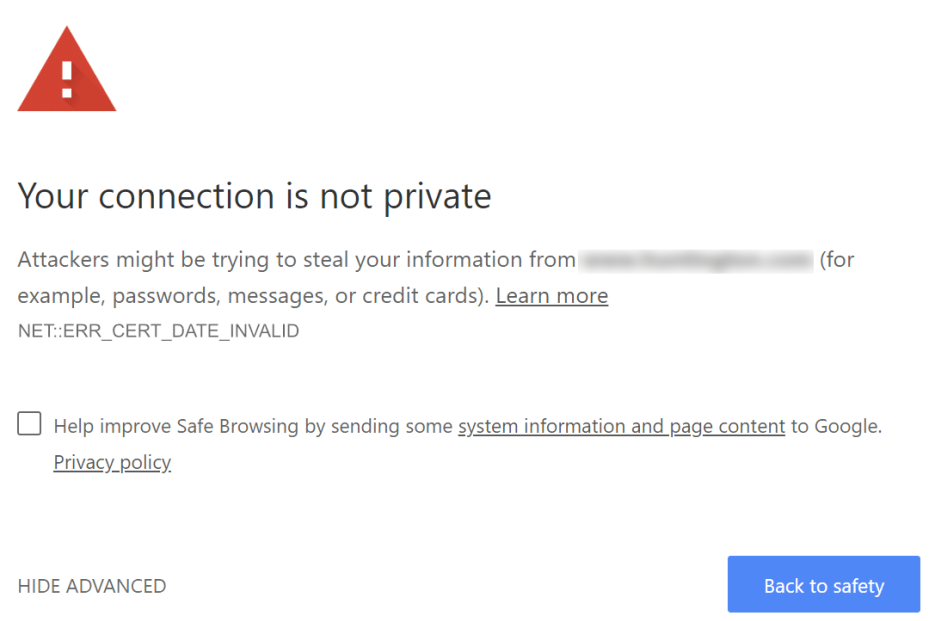One day, you might see a post from a friend on Facebook that reads: “Look who just died, I think you know them”, along with a seemingly trustworthy link. When clicked, it takes you to what appears to be a Facebook login page – but it’s not legitimate. Instead, it’s a scam site designed to steal your credentials.
Was I Hacked?
Most often, this is a case of impersonation. The faux website where you were asked to log in to Facebook was cleverly designed to look legitimate – but it was all just a ruse to convince you to provide your login credentials to a 3rd party. If you didn’t fall for it, you haven’t been compromised.
Scammers are using bots to exploit a setting in Facebook profiles. If you’re seeing posts like “look who just died” from friends, you can rest assured that many others have too – and you’re not alone.
How does this scam work?
- A bot scans Facebook for public profiles that have a public friend list.
- It copies your public profile info – your name, photo, and other visible details.
- It then tags your friends in a post saying “Look who died,” complete with a fake link.
- To make it more believable, the bot may even mimic your tone using AI.
These scam posts look realistic – and unfortunately, many users have fallen for them.
How to Stop the Scam – and Protect Your Friends
Privatize Your Facebook Friend List
When your friend list is public, you can be easily impersonated and the scammers will know exactly who to send the post to. Do your friends a favor and make your friend list private by following these simple steps:
- Click your profile picture in the top right of Facebook.
- Then select Settings & Privacy, then click Settings.
- In the left column, click Privacy.
- Look for the setting Who can see your friends list? and click Edit to the far right.
- Finally, select the audience of people (such as Friends) you’d like to have access to your friend’s list.
Making this simple Facebook account setting change, will help prevent impersonators from tricking your friends into being scammed.
Be Wary of All Links
The Internet is full of bogus links that mimic legitimate sites – even prominent news outlets and social networks. Scammers use these lookalikes to trick you into entering login info. Whether on Facebook or another platform, always double-check links before clicking.
What Should You Do If You Encounter the Scam?
If you or someone you know encounters a scam, you can report it directly to Facebook. They have a process in place to handle impersonator accounts.
If you’d like help with more advice on social media safety or website security, Appletree MediaWorks is happy to assist!






